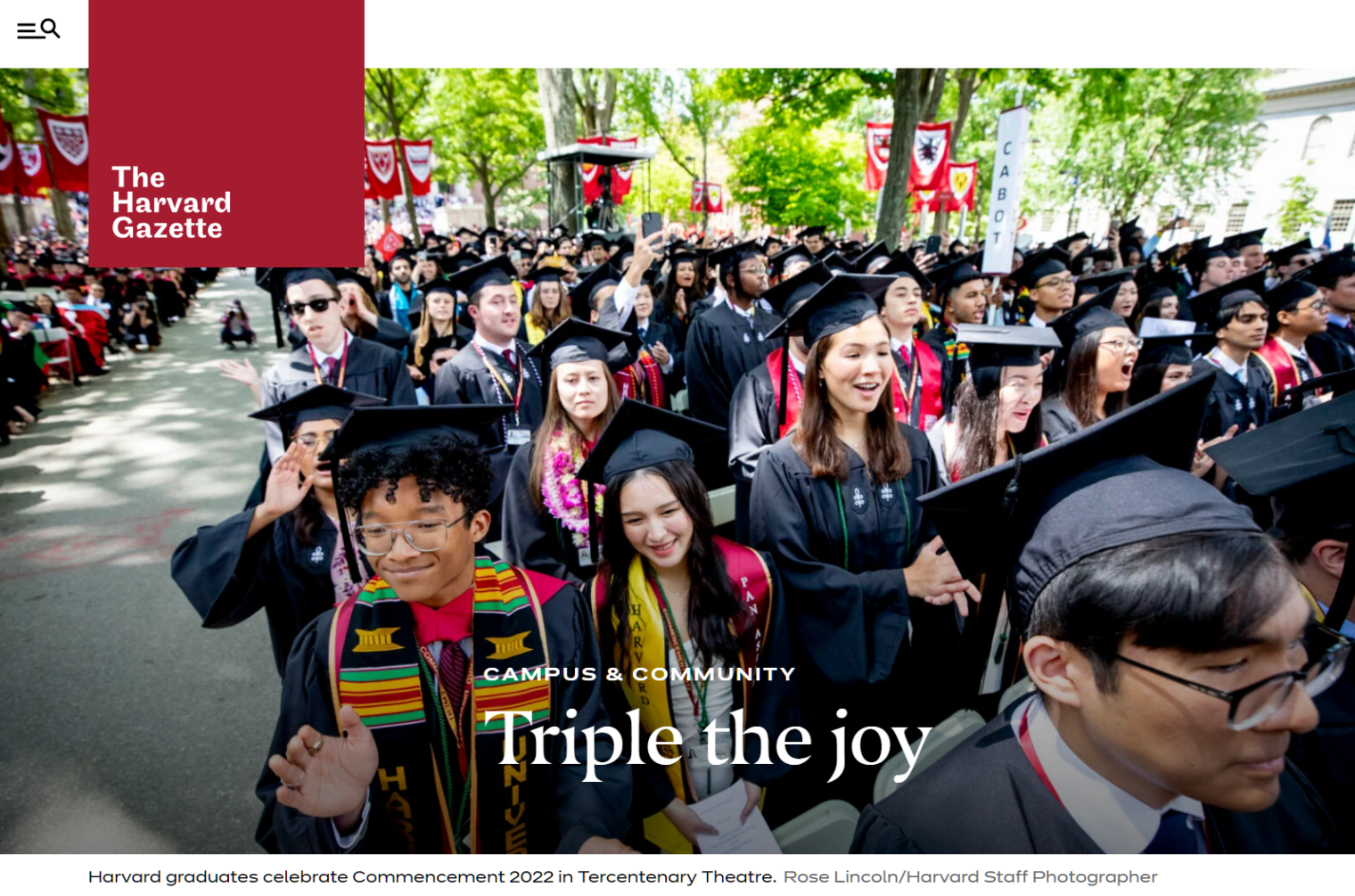Harvard requires the 2020 COVID vaccines; how well do they work in 2023?
On August 7, 2023, I was checking some Harvard University academic calendar dates and found the following page:
COVID-19: To keep Harvard healthy, if you will have an “on-campus presence,” you must comply with Harvard University’s COVID-19 immunization policy. You are required to submit documentation within 10 days of registering for any course with any on-campus presence. You risk being dropped from your on-campus courses, even after classes begin, if you do not upload your documentation in an expedited manner or if your status is non-compliant. Visit the Immunization Requirements page for details.
Following the link:
Harvard University requires 2 FDA- or WHO- authorized COVID-19 vaccinations, OR 1 bivalent dose for all eligible students.
You must submit proof of vaccination (or medical or religious exemption documentation) to University Health Services if you will have any on-campus presence.
You are required to submit documentation within 10 days of registering for any course with any on-campus presence. You risk being dropped from your on-campus courses, even after classes begin, if you do not upload your documentation in an expedited manner or if your status is noncompliant.
Also, for good measure…
Flu: one immunization after July 1, 2023
(The flu vaccine isn’t available to those 13-64 years of age in the UK, but the public health experts at Harvard require it for healthy college-age humans.)
A few questions… the J&J one-shot COVID-19 vaccination was FDA-authorized (though never “approved”). Why does Harvard then demand 2 shots? Let’s assume for the sake of argument that college-age students benefit from COVID-19 shots. Is there any evidence that the 2020 COVID-19 shots provide any benefit with respect to the currently circulating variants of SARS-CoV-2?
Related:
- Lost in the coronapanic shuffle, an April 2020 paper from the Annals of Internal Medicine: “The Effect of Influenza Vaccination for the Elderly on Hospitalization and Mortality” (Anderson, Dobkin, and Gorry). They looked at the UK where hardly anyone gets a flu shot under age 65 and almost everyone gets one at age 65. “Turning 65 was associated with a statistically and clinically significant increase in rate of seasonal influenza vaccination. However, no evidence indicated that vaccination reduced hospitalizations or mortality among elderly persons.” (in other words, the flu shot might prevent a few days of illness, but it doesn’t reduce the death rate)
- A provider-targeted summary of the above study: “Flu vaccination does not reduce hospitalizations, death in older adults”
If any of the above is memory-holed:
Full post, including comments









